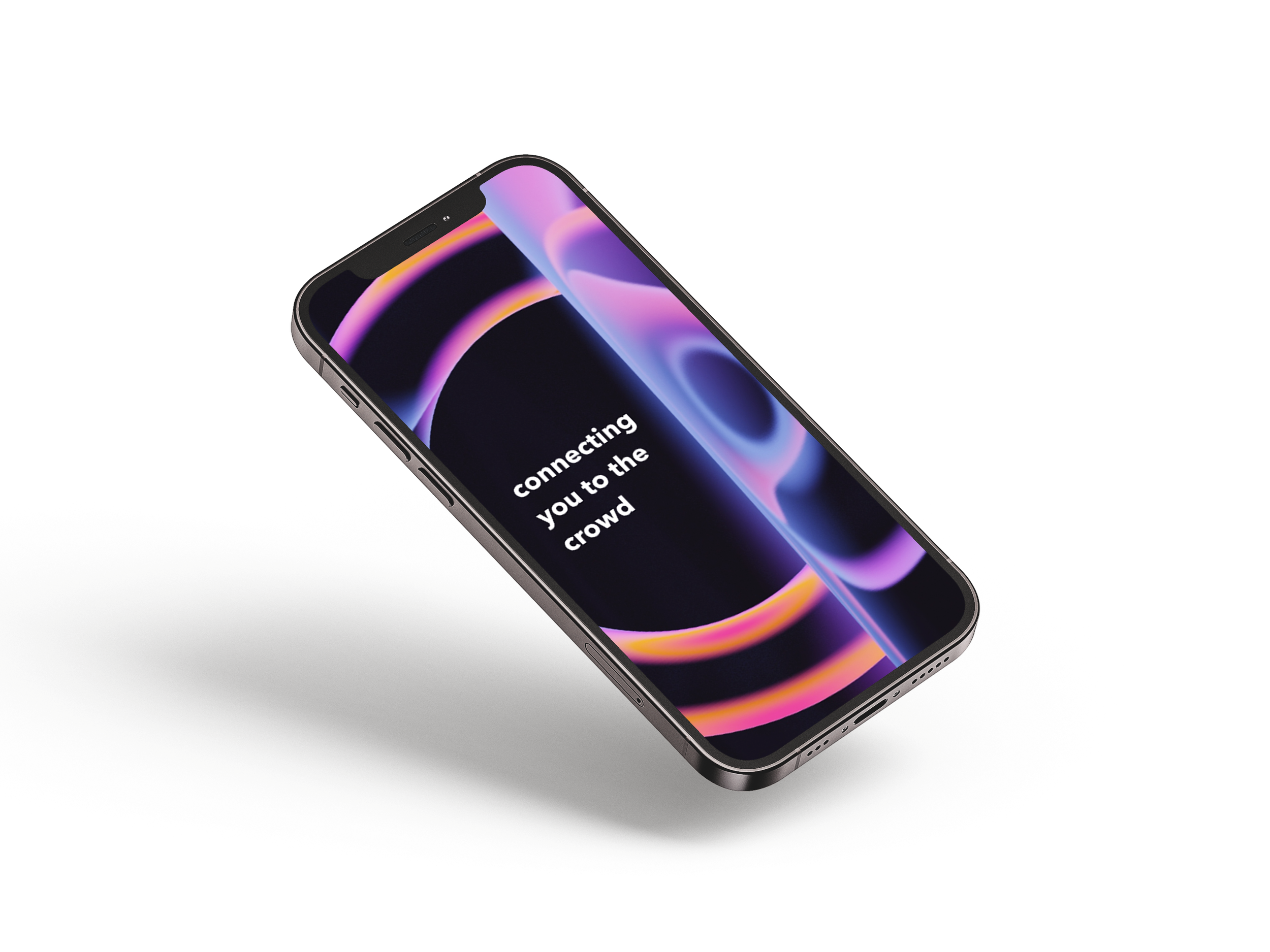
Saltatio allows club goers to immerse themselves in a dynamic and synchronized environment, enhancing their dancing experience and fostering a deeper connection with the music and fellow dancers.
Disciplines:
Cultural research
Wire-framing
Interaction design
Sensor based computing
Machine Learning
Experience design
During my 3.5 months in Japan, I conducted ethnographic and interview-based research on the country's nightlife culture, revealing a lack of emphasis on dancing and a concerning reputation for hook-up culture, assault, and excessive intoxication in nightclubs and events compared to other countries. Saltatio aims to transform the Japanese nightlife scene by shifting the focus from hook-ups to dancing and community, enhancing the physical venue space with live data and audiovisual technology. The app utilises smartphone sensors like the gyroscope and accelerometer to capture real-time data from users' movements and crowd energy, creating immersive, synchronised audiovisual displays.
Through semi-structured interviews and volunteering with an installation studio at underground nightlife events in Tokyo, I gained nuanced insights into Japanese nightlife. Auto-ethnography provided context, linking observations to interview discussions, particularly on safety. This research informed the creation of Saltatio, by fostering a culture centred around self-expression and music enjoyment, I found it promotes respect, inclusivity, and a safer clubbing environment. Hence, effective nightlife space management and the use of technological innovations for safety enhances social cohesion, safety, creativity, sustainability, and economic growth.





